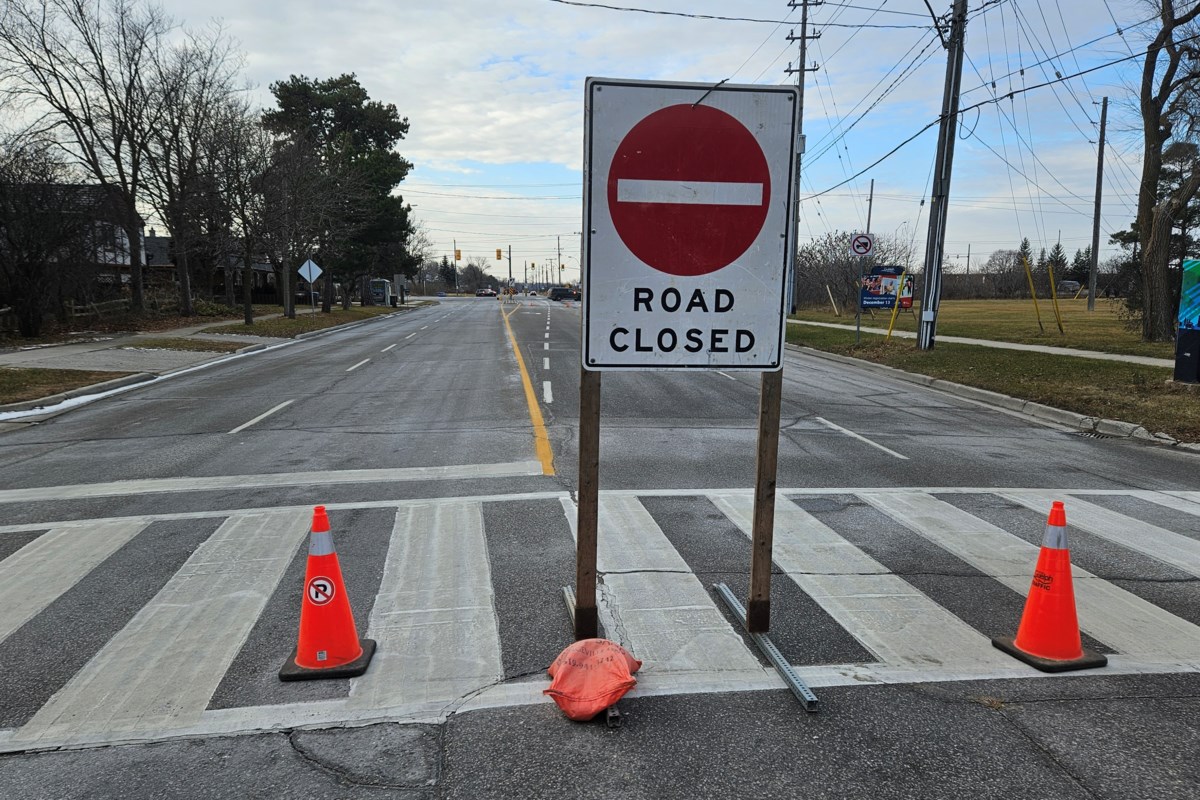Given court rulings on evidence admissibility, and the advancements in forensics, leaving a body 'in situ' is increasingly common in a criminal investigation.
Nothing new about death.
But, who decides if a body is dead?
As a PCP, this was our Deceased Patient Standard
Obviously Dead
means death has occurred if gross signs of death are obvious, including by reason of:
1. decapitation, transection, visible decomposition, putrefaction; or
2. absence of vital signs and:
a. a grossly charred body;
b. an open head or torso wound with gross outpouring of cranial or visceral contents;
c. gross rigor mortis (i.e. limbs and/or body stiff, posturing of limbs or body); or
d. dependent lividity (i.e. fixed, non-blanching purple or black discolouration of skin in dependent area of body).
Even then, leaving a body in a public place ( during my time ) was very rare.
From what I have seen on the TV news, and as mentioned here, leaving a body 'in situ' seems to have become increasingly common.
To transport, or not transport, a patient(s) who met the Deceased Patient Standard from a public place would ultimately be at the discretion of the police and coroner.
Those who did not meet that Standard ( Vital Signs Absent ), were typically treated as Load and Go.
Location would also be a factor. Was the body in a rural / remote area, or in a more public place like Sankofa Square ( formerly Yonge and Dundas ).




